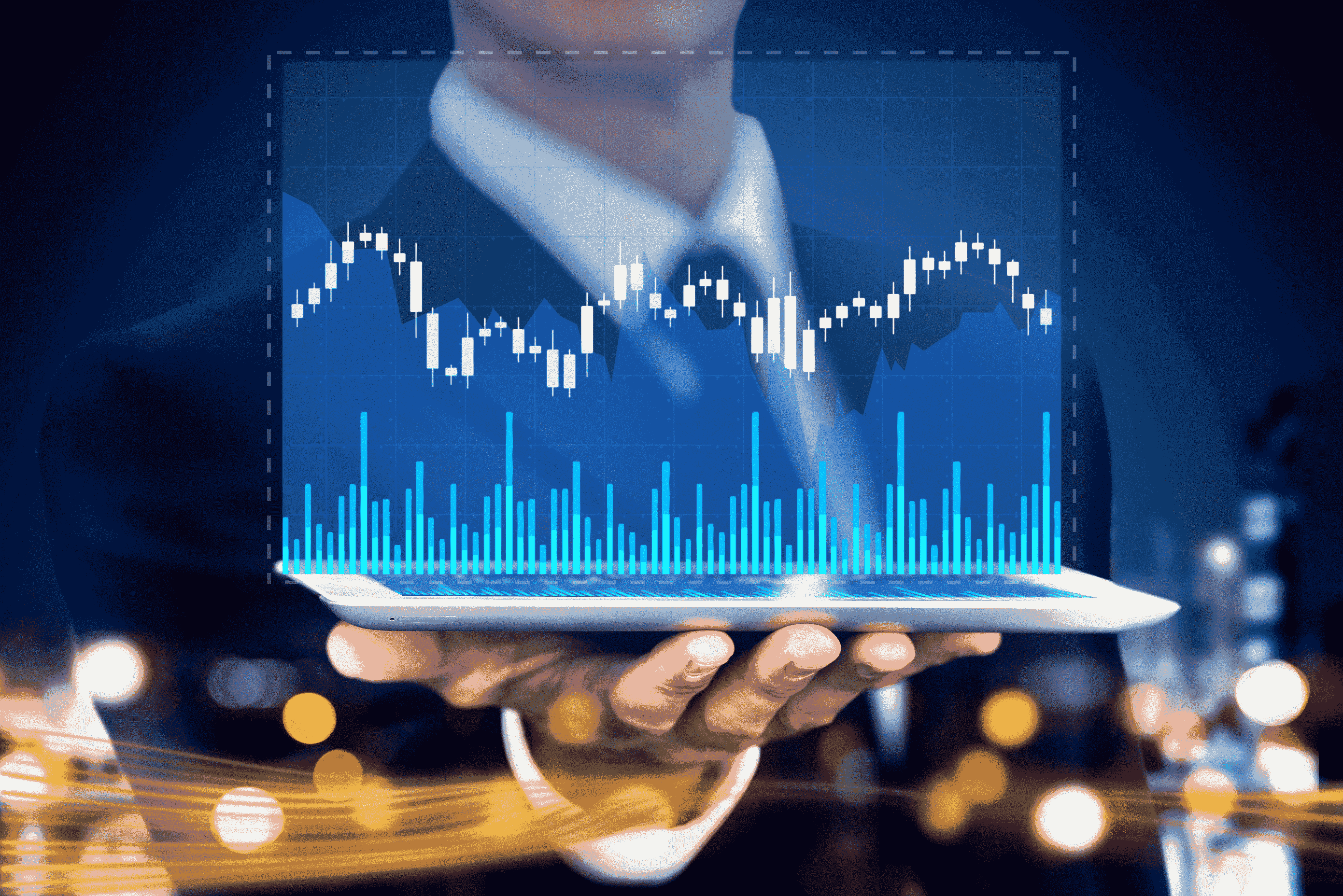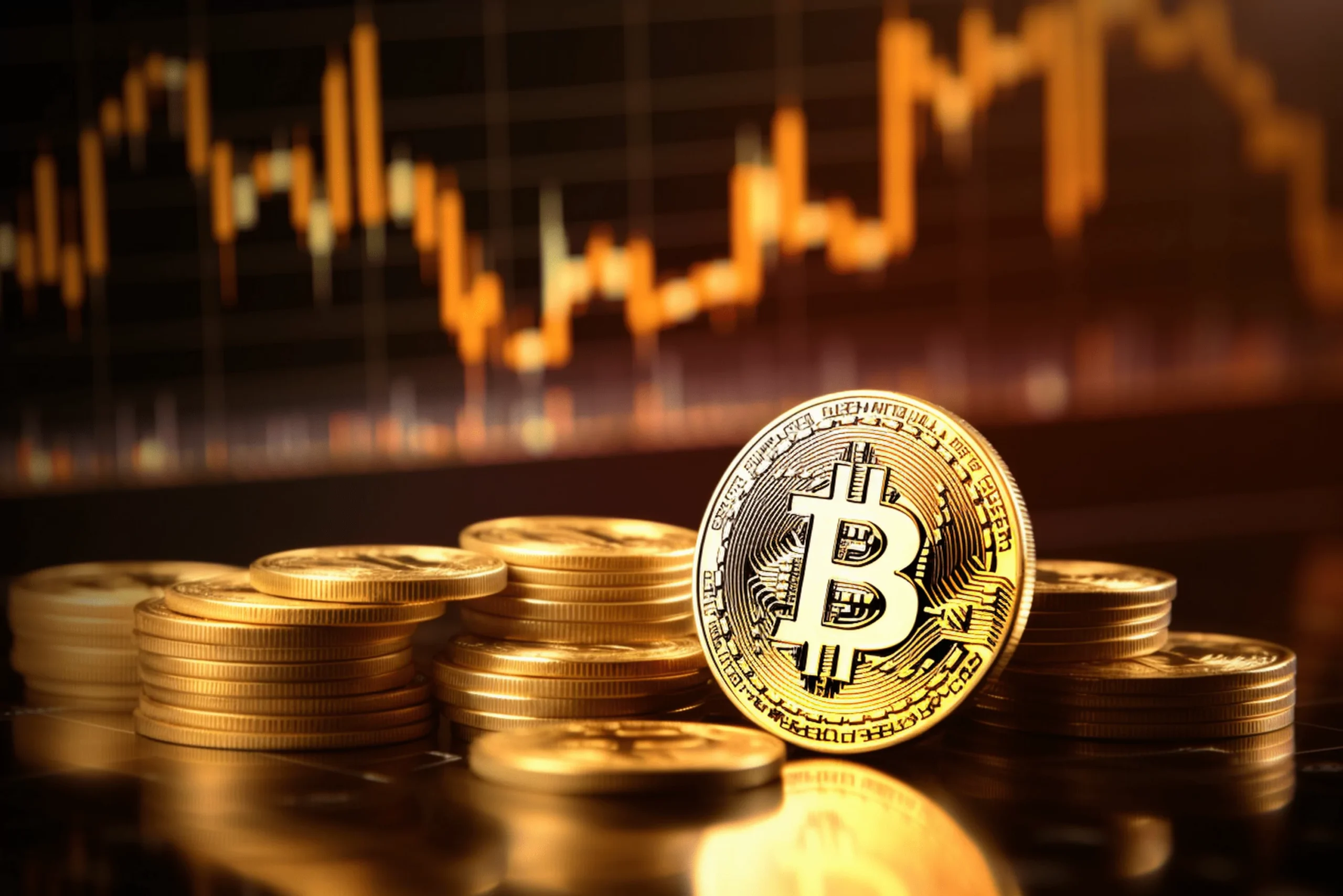The Role of Geopolitical Events in Commodity Pricing: Understanding Market Reactions
Geopolitical events have a profound impact on commodity markets, influencing prices and creating volatility. Understanding how these events affect commodity pricing is crucial for traders and investors seeking to navigate the complexities of global markets.
This article explores the role of geopolitical events in shaping commodity prices, analyzing key factors, and offering strategies for managing market reactions.
The Influence of Geopolitical Events on Commodity Prices
Geopolitical events encompass a range of occurrences, including political instability, conflicts, trade negotiations, and international sanctions. These events can disrupt commodity supply chains, alter demand patterns, and create uncertainty in global markets. As a result, commodity prices often experience significant fluctuations in response to geopolitical developments.

Key Geopolitical Events Affecting Commodity Prices
1. Political Instability and Conflicts
Political instability and conflicts in key commodity-producing regions can lead to disruptions in supply and create uncertainty in the market. For example, conflicts in oil-producing countries can impact crude oil production and transportation, leading to price spikes. Similarly, political unrest in agricultural regions can affect crop yields and supply chains.
Example: The geopolitical tensions in the Middle East have historically influenced crude oil prices. Conflicts or threats to oil infrastructure can lead to supply disruptions, driving up prices globally.
Impact on Prices:
– Supply Disruptions: Reduced production and transportation capabilities can lead to shortages and higher prices.
– Increased Uncertainty: Political instability can create market uncertainty, leading to price volatility.
2. Trade Policies and Sanctions
Trade policies, tariffs, and economic sanctions imposed by governments can affect the flow of commodities between countries. Changes in trade agreements and tariffs can alter supply and demand dynamics, influencing prices. Sanctions targeting specific countries can disrupt their ability to export or import commodities, impacting global markets.
Example: The trade war between the United States and China resulted in tariffs on various commodities, including agricultural products and metals. These tariffs influenced commodity prices by affecting trade flows and market supply.
Impact on Prices:
– Price Adjustments: Tariffs and trade policies can lead to price adjustments in response to changes in trade volumes.
– Market Rebalancing: Disruptions in trade can prompt shifts in market supply and demand, affecting prices.
3. Currency Fluctuations
Geopolitical events can influence currency exchange rates, which, in turn, affect commodity prices. Commodities are typically traded in US dollars, so changes in currency values can impact the cost of commodities for international buyers and sellers.
Example: A geopolitical crisis that weakens the US dollar can make commodities cheaper for foreign buyers, potentially driving up demand and prices. Conversely, a strong dollar can make commodities more expensive for international buyers, reducing demand.
Impact on Prices:
Price Adjustments: Currency fluctuations can lead to price adjustments in the commodity market.
Demand Shifts: Changes in currency values can influence international demand for commodities.
4. Natural Disasters and Climate Events
Natural disasters and climate events, often exacerbated by geopolitical factors, can disrupt commodity production and supply. Hurricanes, floods, droughts, and other extreme weather events can impact agricultural yields, energy production, and transportation infrastructure.
Example: Hurricane Katrina significantly affected oil production and refining capacities in the Gulf of Mexico, leading to a surge in crude oil prices. Similarly, droughts in major agricultural regions can reduce crop yields and drive up prices for food commodities.
Impact on Prices:
– Supply Shortages: Natural disasters can lead to supply shortages and increased prices.
– Market Volatility: Extreme weather events can contribute to market volatility and price fluctuations.
Strategies for Managing Geopolitical Risk in Commodity Trading
1. Diversification
Diversifying investments across different commodities and markets can help mitigate the impact of geopolitical events on any single commodity. By holding a range of assets, traders can reduce their exposure to specific geopolitical risks and achieve a more balanced portfolio.
Example: A trader might invest in a mix of energy, metals, and agricultural commodities to spread risk and reduce the impact of geopolitical events on any one sector.
Benefits:
– Reduces exposure to individual geopolitical risks
– Enhances portfolio stability
2. Hedging
Hedging strategies can help manage the financial impact of geopolitical events on commodity positions. By using derivatives such as futures and options, traders can protect themselves against adverse price movements and market volatility.
Example: A trader holding a long position in crude oil might use put options or sell futures contracts to hedge against potential price declines resulting from geopolitical tensions.
Benefits:
– Provides protection against adverse price movements
– Helps manage risk and reduce potential losses
3. Staying Informed
Staying informed about geopolitical developments and their potential impact on commodity markets is crucial for making informed trading decisions. Traders should monitor news sources, geopolitical analysis, and market reports to anticipate and respond to market reactions.
Example: Regularly reviewing news related to geopolitical events, trade policies, and currency fluctuations can help traders anticipate market changes and adjust their strategies accordingly.
Benefits:
– Enhances market awareness and decision-making
– Helps anticipate and respond to market reactions
4. Utilizing Technical and Fundamental Analysis
Combining technical and fundamental analysis can provide insights into how geopolitical events might influence commodity prices. Technical analysis involves studying price charts and patterns, while fundamental analysis examines supply and demand factors, geopolitical developments, and economic indicators.
Example: A trader might use technical analysis to identify potential price patterns and trends, while fundamental analysis helps understand the impact of geopolitical events on supply and demand dynamics.
Benefits:
– Provides a comprehensive approach to market analysis
– Enhances decision-making and trading strategies
Conclusion:
Geopolitical events play a significant role in shaping commodity prices, creating both risks and opportunities for traders. Understanding how political instability, trade policies, currency fluctuations, and natural disasters impact commodity markets is essential for effective trading.
By employing strategies such as diversification, hedging, staying informed, and utilizing both technical and fundamental analysis, traders can navigate the complexities of geopolitical risk and optimize their trading outcomes. As geopolitical dynamics continue to evolve, staying adaptable and informed will remain crucial for successful commodity trading.








Risk Warning: Online trading involves risks and is not suitable for everyone. Trading in foreign exchange, commodities, indices, stocks, or other financial instruments involves a degree of leverage, which can lead to substantial gains or losses. While leverage can amplify profits, it can also magnify losses. Therefore, it’s important to understand that you might lose more than your initial investment.
Before engaging in online trading, consider your investment objectives, experience level, and risk tolerance. It’s important to be aware that past performance is not indicative of future results, and prices of assets can fluctuate. We recommend consulting with an independent financial advisor if you’re unsure about the suitability of online trading for your financial situation.
Remember, trading should be approached with caution and informed decision-making, aligning with your financial goals and risk appetite.
© Copyright Market4s 2024


